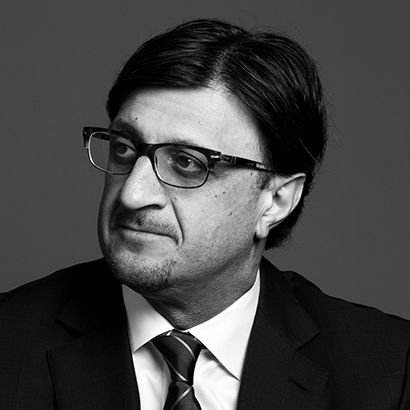Getting the Full Story
Lo Faso brings up the tension between fair and just court process and ensuring that all facts are available to adjudicate a dispute.
Lo Faso brings up the tension between fair and just court process and ensuring that all facts are available to adjudicate a dispute.
In Lo Faso and Ferracuti, 2015 ONSC 3141, the Court struck a balance between ensuring a fair and just process and ensuring that the entire factual narrative was available to adjudicate a dispute by allowing for additional cross-examination of witnesses – with important time restraints. This served both goals by allowing for the timely resolution of disputes while ensuring that the Court hears the parties' complete story before reaching a resolution.
This action concerns Mr. Lo Faso's claim against the deceased, Anthony Ferracuti, for debts owed.
At this motion, Mr. Lo Faso sought an order to cross-examine on affidavits filed by Ferracuti defendants in a summary judgment motion. The affidavits had been served in a related summary judgment motion in the same action. In the prior motion, Heather Ferracuti was cross-examined on four separate occasions; David Ferracuti on two separate occasions. Neither party had knowledge of the disputed actions undertaken by Anthony Ferracuti, the deceased, nor any relevant documents. Anthony Ferracuti was cross-examined once.
Mr. Lo Faso's counsel sought to cross-examine Heather and David Ferracuti once again - taking the position that this motion raises new issues and that he ought to be able to cross-examine on materials filed in response. The defendants took the position that the issues remain unchanged and that Mr. Lo Faso's counsel was trying to obtain two cross-examinations on the same affidavit.
Despite having serious doubts regarding the utility of further cross-examination, the court allowed Mr. Lo Faso's counsel to cross-examine Heather and David Ferracuti. It appeared that the significant issues between the Ferracuti defendants and Mr. Lo Faso had not changed since the last motion and the court saw "no real benefit to Mr. Lo Faso for further cross-examinations" (at para 14).
Nonetheless, two factors contributed to the court's decision in allowing Mr. Lo Faso to cross-examine Heather and David Ferracuti. First, that it was still possible that Mr. Lo Faso's counsel would change questioning frameworks. Second, that additional cross-examination might generate new and relevant information, which was important to the adjudication of the matter.
Importantly, the cross-examination was limited to three hours and constrained by the prospect of wasted time and/or cost which would factor into a future justice's award of costs.
*Research contributed by Chloe Boubalos, 2015 summer student
